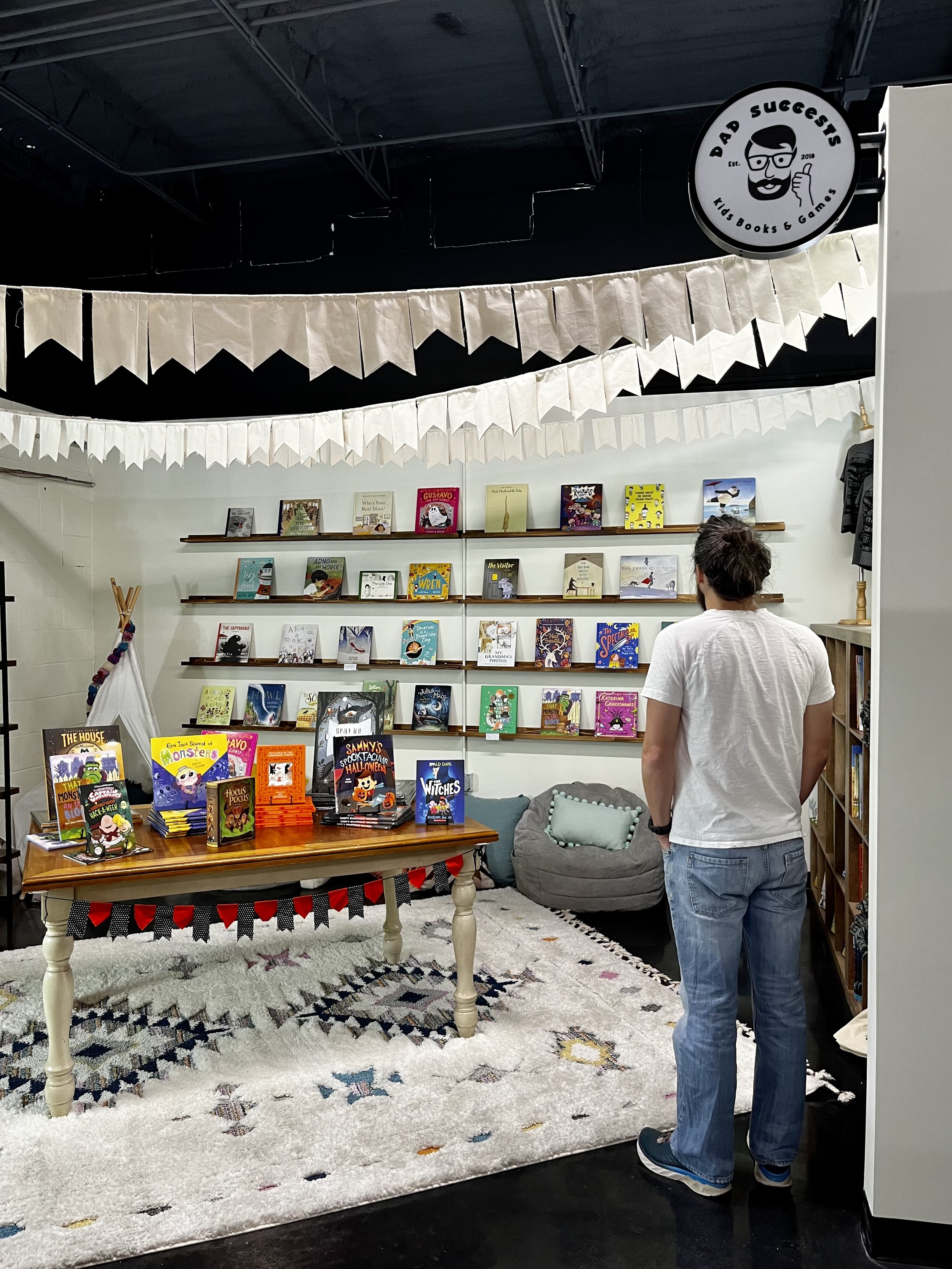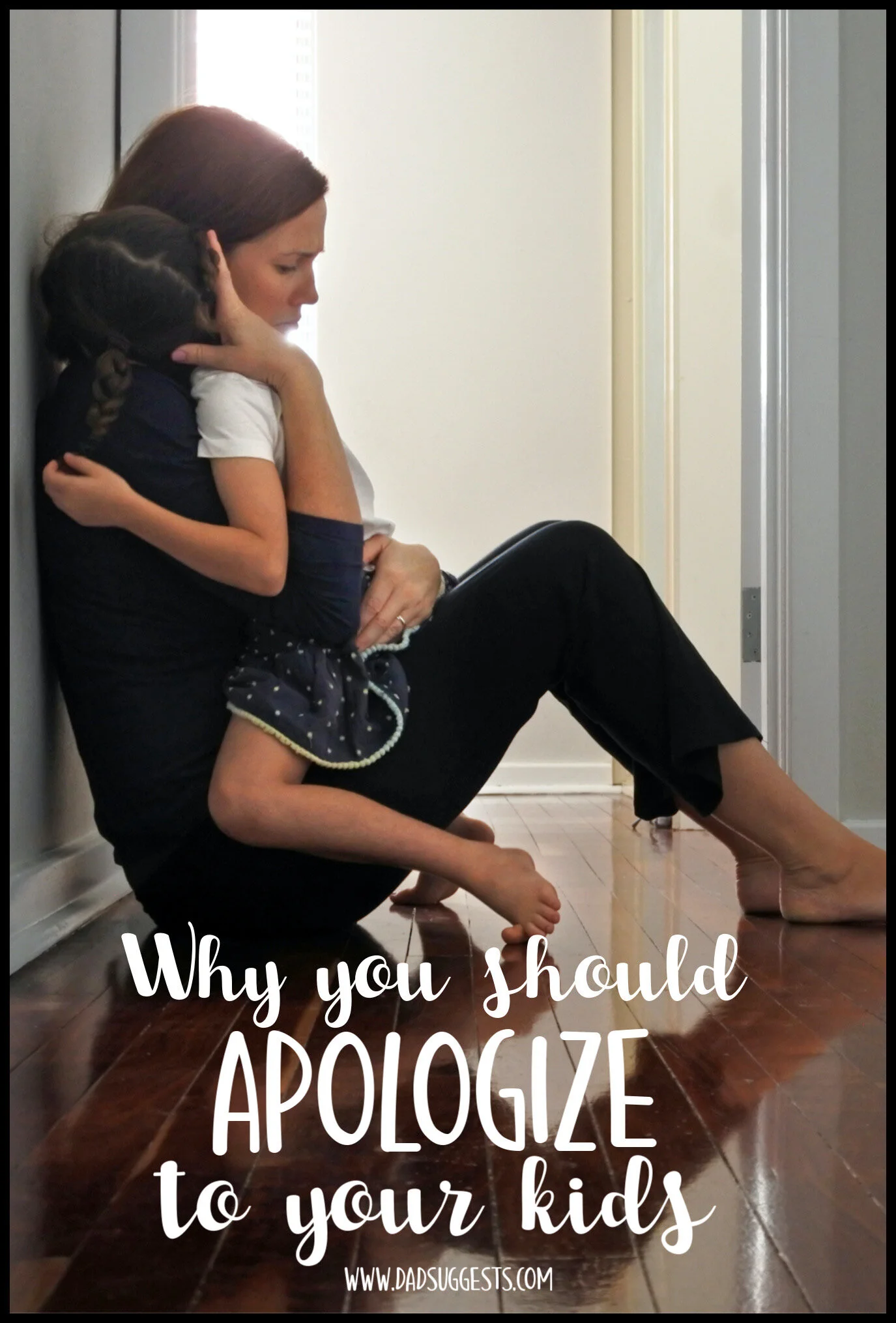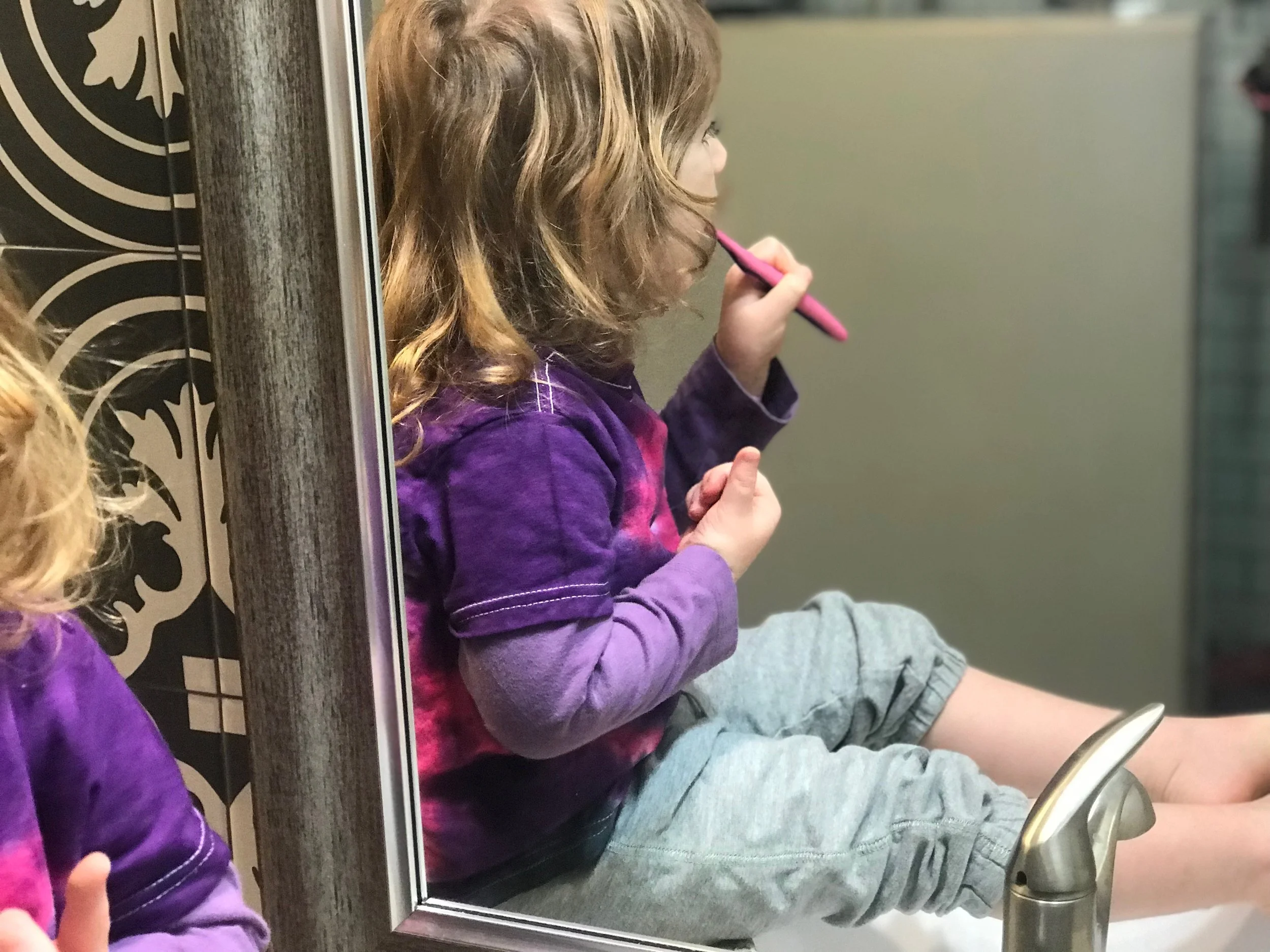Why You Need to Apologize to Your Kids
I want my kids to care about other people. I think most parents would probably say the same thing. That’s why there’s a very good chance you’ve said this line to your own kids at one time or another: “You need to apologize right this instant!” Apologizing, after all, is important in our relationships. But did you know that not everybody believes forced apologies are good for kids? And if forced apologies aren’t effective, how are we supposed to pass on the empathy we want to teach?
Picture book author Trudy Ludwig, creator of The Invisible Boy and Sorry! (and a real champion in the world of empathy), recently wrote that forced apologies are one of her 5 biggest parenting mistakes. She shared a story about forcing her son to apologize to his sister after saying something hurtful. All three of them knew that the sorry that came out of his mouth rang insincere. Ludwig goes on to point out that showing sincere regret and following through to make amends is far more important. In other words, saying sorry means absolutely nothing if you don’t take a moment to feel empathy and understand the feelings of those you hurt.
This story made me stop and reflect on the forced apologies I’ve seen at home and in the classroom. Not only do they rob the apologizer of an opportunity to feel true empathy, but they definitely rob the victim of the right to have their hurt feelings acknowledged. Here’s the problem: If a child only gives or receives insincere apologies in their life, they’re likely going to learn that feelings don’t really matter.
So how can we actually teach our kids to respond the right way when they hurt someone’s feelings? We have to apologize to our kids. We have to be the role models they need. We have to step up every time we make a mistake, and show them how a real apology should look. If we want them to be intrinsically motivated to give real apologies, nothing will prepare them more than receiving real apologies.
To see how this should look, let’s look to the experts. According to Dr. Christine Carter and Dr. Aaron Lazare, there are specific things an apology needs to accomplish, and there are necessary parts of an effective apology. For me, chief among the requirements they describe is taking full responsibility for the offense and expressing remorse, and then following that up with making the situation right again. This could be something as simple as a hug, or explaining how we will handle the situation differently in the future.
Overcoming pride is an absolutely essential part of being a dad and a good role model.
So let’s imagine that you just hurt your child’s feelings. Let’s pretend they broke something and you yelled about it. A very effective apology could be looking them in the eyes and clearly stating that raising your voice was the wrong thing to do. You can take responsibility for your actions and acknowledge that it hurt their feelings. You can explain that you were feeling frustrated, but you shouldn’t have raised your voice. You could give them a big hug and tell them you’ll do your best not to do it in the future.
Apologizing might sound like an easy thing to do, but let’s be honest, it can be very hard. If you ever find yourself in an argument with a 5-year-old, it’s probably not your first instinct to think that you’re the one that’s wrong. And to be perfectly honest, admitting that I am wrong doesn’t exactly come naturally for me by a long shot. But I’ve decided that overcoming pride is an absolutely essential part of being a dad and a good role model.
If I make a mistake, it might take me a few minutes, or sometimes even days, but I will very sincerely apologize to my son about it. Maybe it comes two days later in the shower, and it might catch him off guard. But it melts my heart when he gets the biggest smile on his face and gives me a hug.
If we make mistakes and hurt our children’s feelings, I truly believe there is nothing more detrimental than ignoring it. Never let pride get in the way of their well-being. Everybody makes mistakes and the most important thing in the world at that moment is to admit it, and reaffirm how much you love them.
This is how we can teach our kids empathy, not by forcing them to say sorry to their sister. If we can’t be the role models of empathy that our children need, then we’re simply destined to hear insincere apologies come out of their mouths for the rest of their lives. And you’ll definitely get a lot of this classic: “But I didn’t mean to!”
But if we intentionally show them what it looks like and feels like when someone truly feels remorse, then they’ll grow up understanding the impact their actions can have on others, both positive and negative. And when they remember how they felt after you gave them a hug and reminded them how much you love them, they’ll remember why it’s always important to make it right.
How do you handle apologies in your home? Do you think forced apologies still have any merit at all? Let us know your thoughts in the comments!









